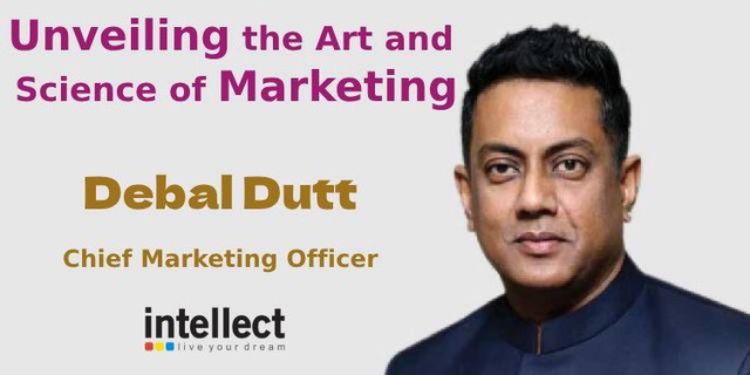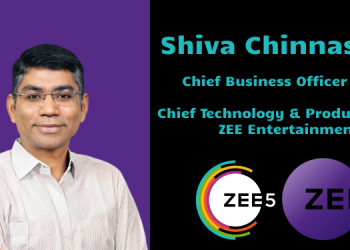Joël Robuchon, Alain Ducasse, Martin Berasategui and Carme Ruscalleda, What is common amongst the four? Well, they are the world’s most awarded Michelin star chefs. These are the people who have perfected the art and science of cooking and are at their peak of culinary perfection. While awarding the Michelin star is a fairly recent phenomenon, the earliest known written recipes date to 1730 BC and were recorded on cuneiform tablets found in Mesopotamia. Hence, Eliza Acton, Fredrika Runeberg, Isabella Beeton, and Fannie Farmer could have been Michelin stars themselves but sadly they were around during the early 1800s.
While most of us know that one of the key ways to our souls is through food, at the core of cooking is the ability to follow a step-by-step process to arrive at something that makes an impact. The winning combination is the Rigour (science) and the Art (presentation) of it: the flair, the aplomb, the signature and the attitude however you may call it. The rigour ensures a stable, well-crafted outcome while the art ensures the signature look.
Marketing frameworks work in similar ways. Marketing framework – the unsung hero of every successful campaign is more than just a recipe; it’s a roadmap to triumph. They are the recipe for success for your go-to-market strategy. Frameworks are a Process and while we all know the 5Ps, frameworks are the sixth P in the recipe book of marketing excellence ensuring that the outcome is perfected, has repeatability and ultimately moves into the realm of becoming an algorithm. Research from the Aberdeen Group shows that companies with strong alignment between sales and marketing achieve an average of 20% annual revenue growth, highlighting the significance of frameworks in fostering alignment and collaboration between departments (source). With growing pressure to deliver short and long-term growth, today’s CMOs are more liable to deliver results that matter: impacting the top line and bottom line of the organisation.
The power of frameworks does not take a marketer away from big ideas, powerful stories, innovation or creativity rather gives them a steady foundation. In today’s business realm, effective marketing strategies are the linchpin of success. Marketing frameworks provide structured methodologies to navigate market complexities, influencing decisions from formulation to evaluation. According to a study by the Content Marketing Institute, 65% of the most successful content marketers have a documented content marketing strategy, indicating the effectiveness of structured frameworks in achieving marketing goals. (Source). Some of the key frameworks and their strategic significance are:
1. SWOT Analysis: Evaluating internal strengths and weaknesses alongside external opportunities and threats enables informed decision-making and strategy alignment.
2. Segmentation, Targeting, and Positioning (STP): Understanding consumer segments, selecting target markets, and crafting unique value propositions enhance relevance and competitiveness.
3. Porter’s Five Forces: Analysis of competitive forces within an industry aids in market attractiveness assessment and competitive strategy formulation.
4. Blue Ocean Strategy: Focusing on innovation and differentiation creates new market spaces, allowing businesses to redefine industry boundaries and achieve sustainable growth.
In essence, marketing frameworks offer invaluable guidance, enabling businesses to gain insights, identify opportunities, and drive success in a dynamic business landscape.
What should a marketing framework encapsulate?
It begins with a holistic view. Like a recipe, it gives you a view that we call an L0 (Level 0) view: capturing the base level view that also gives someone a holistic view. So at this level, we list out the L0 areas that we will do a deep dive on. The L1 level of the framework lists the main factors under each of the L1 blocks.
A marketing framework is robust when it reaches L4 level. At the L4 level, one gets a holistic view of the Objective, Strategy and by L4 we list out the Action Points. No one “best” marketing framework will fit every business. The right marketing framework for your business depends on you, the marketer, your target audience, your product or service, and other factors, including, your business goals, the role of marketing within your company, how you define and measure the success of your marketing campaigns, the capabilities of your marketing department and identifying areas where marketing is most necessary in your company.
The power of frameworks extends beyond strategy; it’s a tool for effective communication and collaboration. By providing stakeholders with a clear view of marketing interventions and results, frameworks foster alignment and accountability. A report by Harvard Business Review found that companies with strong alignment between sales and marketing achieve 20% annual revenue growth.
Moreover, frameworks play a pivotal role in navigating the customer journey, from prospect to advocate. By leveraging data and technology, marketers can fill the funnel, nurture leads, and drive customer loyalty. According to Salesforce, 86% of senior-level marketers agree that creating a cohesive customer journey is critical to success (source). In today’s hyper-competitive landscape, where attention is the most valuable currency, marketers must captivate and engage their audience. It’s not just about selling a product; it’s about crafting compelling narratives that resonate with consumers. As Simon Sinek famously said, “People don’t buy what you do; they buy why you do it.”
A framework gives your internal stakeholders a view of the marketing interventions and the results that emanate from the master plan. Given the revenue hat that a marketer wears, frameworks help in filling your funnel (Market Reach Management) and once a lead becomes a prospect a framework helps you push the prospects through the CRM (Pipeline Management) and once he signs on to become a customer, a framework (Customer Lifecycle Management) helps you nurture the customer, grow and cross-sell too.
By embracing the power of frameworks, marketers can unlock new realms of success and innovation. The tastiest dish one can churn out is when you follow a recipe to a T – and then finish it off with your signature style.

















